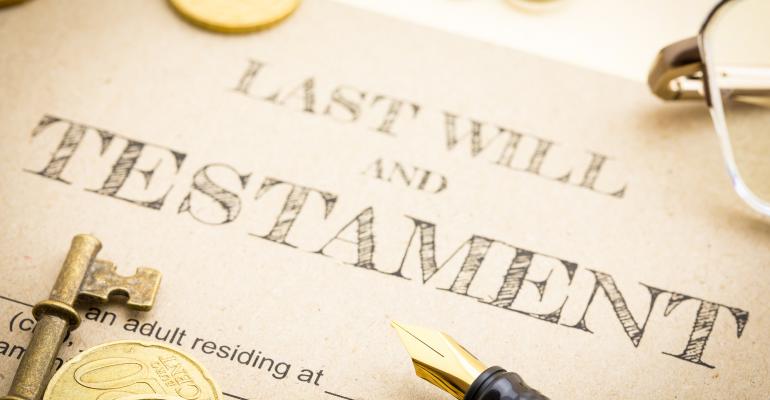Probate is a legal process that occurs after someone passes away. It ensures that their assets are distributed according to their wishes or, in the absence of a will, according to state law. While probate is designed to be a straightforward procedure, it can become complicated, especially when family members disagree on how assets should be distributed.
Understanding Probate
Probate is a court-supervised process that validates a deceased person's will or, in the absence of a will, determines how their assets will be distributed. The process serves several key functions: validating the will (if one exists), inventorying and appraising the deceased person's assets, paying off debts and taxes, and distributing the remaining assets to heirs or beneficiaries. The probate process typically begins when the executor named in the will (or an administrator appointed by the court) files a petition with the probate court. The court then oversees the process, ensuring that the deceased person's wishes are carried out and that all legal requirements are met.
Challenges in Probate Disputes
Probate disputes can arise for various reasons, including disagreements over the validity of the will, concerns about asset distribution, and conflicts between beneficiaries. These disputes can be emotionally charged and may lead to prolonged legal battles, further complicating an already challenging time for the family. One common challenge in probate disputes is the issue of multiple parties with conflicting interests. For example, siblings may disagree on how to divide assets, or one family member may contest the validity of the will, claiming that it was executed under duress or undue influence.
Impact of Multiple Lawyers
When family members involved in the probate process each retain their own lawyer, it can significantly impact the dynamics of the proceedings. While legal representation ensures that each party's interests are adequately represented, it can also lead to increased costs, prolonged negotiations, and heightened tensions between family members.
Having multiple lawyers involved may result in conflicting legal strategies and objectives, making it difficult to reach a timely resolution. Moreover, the adversarial nature of litigation can strain family relationships and exacerbate existing conflicts.
The Probate Process in Dispute
When family disputes arise during probate, the process can become more complex and protracted. Disputes may arise at various stages of the process, from contesting the validity of the will to disagreements over asset distribution.
1. Will Contestation: If a family member disputes the validity of the will, they may file a formal objection with the court. Grounds for contesting a will may include allegations of undue influence, lack of capacity, or fraud. The court will then hear evidence from both sides and make a determination.
2. Mediation or Negotiation: Before resorting to litigation, parties may attempt to resolve their differences through mediation or negotiation. A mediator facilitates discussions between the parties to reach a mutually acceptable agreement. Mediation can be an effective way to avoid the time and expense of litigation while preserving family relationships.
3. Litigation: If disputes cannot be resolved amicably, the matter may proceed to litigation. Each party presents its case before a judge, who will make a ruling based on the evidence presented. Litigation can be costly and time-consuming, and the outcome may not always be favorable to all parties involved.
4. Asset Distribution: Once disputes are resolved, either through negotiation or litigation, the remaining assets are distributed according to the terms of the will or state law. The executor or administrator is responsible for ensuring that assets are distributed correctly and that all legal requirements are met.
Duration and Expectations
The duration of probate proceedings in the context of family disputes can vary widely depending on the complexity of the case, the number of parties involved, and the willingness of the parties to cooperate. Simple uncontested probate cases may be resolved within a few months, while contentious disputes can drag on for years, draining both financial and emotional resources. When family members agree on certain aspects of asset distribution but disagree on others, the probate process becomes more nuanced. In such cases, the court may approve partial agreements while adjudicating unresolved issues. This approach allows for the efficient resolution of disputes while ensuring that all parties' interests are adequately addressed.
Navigating probate disputes within a family can be a challenging and emotionally charged process. By understanding the intricacies of the probate process, seeking legal counsel when necessary, and being open to negotiation and compromise, families can work towards resolving conflicts and achieving a fair distribution of assets. While disputes may arise, approaching probate with patience, diligence, and a willingness to find common ground can help alleviate tensions and pave the way for a smoother resolution.
Justin Stivers is an investment advisory representative of and provides advisory services through CoreCap Advisors, LLC. Stivers Law is a separate entity and not affiliated with CoreCap Advisors.





